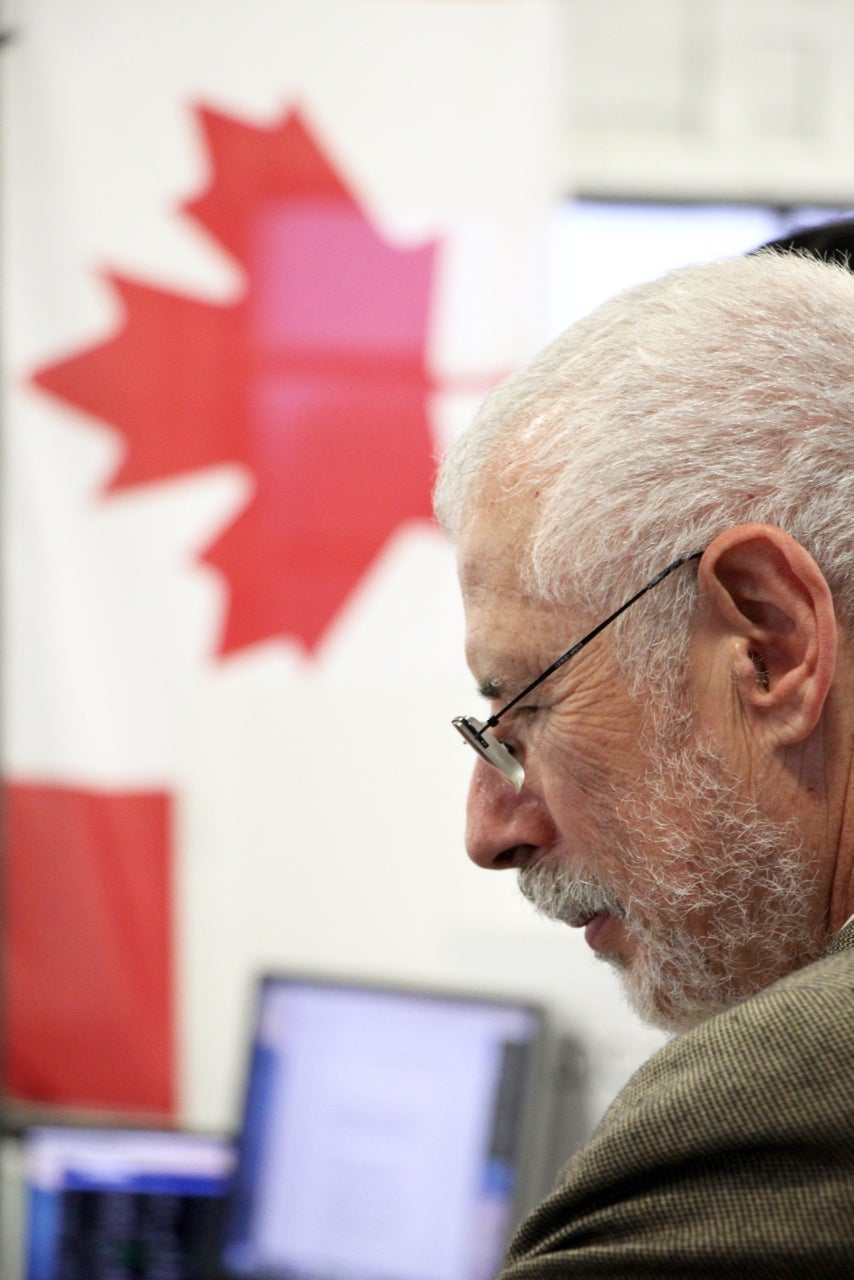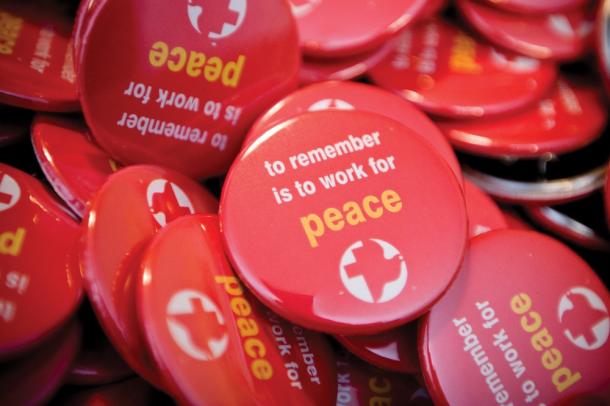By Paul Heidebrecht

Canadians observe Remembrance Day on November 11, a tradition established following the First World War to mark the anniversary of the armistice or end to fighting. It has become an occasion to, in the words of Veterans Affairs Canada, “honour the men and women who served Canada in times of war, military conflict and peace” that includes and goes beyond World War I.
Our neighbours to the south observe November 11 as Veterans Day, and, while Canadians were preoccupied with the controversy over the comments and subsequent firing of a well-known hockey commentator, I found myself reflecting on an article published for the occasion by Steve Blank.
Blank is a prominent Silicon Valley-based serial entrepreneur and educator who is perhaps best known for instigating the Lean Startup movement. I first encountered Blank when he addressed the Waterloo Innovation Summit a few years ago, and was surprised to hear him underscore the extent to which the present-day success of his innovation ecosystem could be tied to the growth of the military industrial complex in the U.S. over the course of the 20th century. His interpretation, as an amateur military historian, of the “Secret History of Silicon Valley” was reinforced by a substantial book I read this Fall by a professional historian, Margaret O’Mara’s The Code: Silicon Valley and the Remaking of America.
Blank’s November 11 article was entitled “Why the Government Isn’t a Bigger Version of a Startup,” and appeared in an online publication called War on the Rocks. In it he harkens back to “a time when much of U.S. academia was engaged in weapons systems research for the Defense Department and intelligence community,” and repeats his mantra that “Silicon Valley was born as a center for weapons systems development.” And he laments the fact that, with the rise of student activism in the 1960s, the “best and brightest” no longer wanted to pursue military-related research, work for defense contractors, or launch startups that built weapons.
This latter point is especially crucial since startups have, arguably, replaced the research found in university and government labs as the primary driver of technological innovation in a digital age. And commercial markets rather than military applications have been far more lucrative in recent years.

Steve Blank is eager to change this through, for example, a Stanford course he created—and subsequently syndicated with the sponsorship of the Department of Defense—called Hacking for Defense. He recognizes that governments are incapable of being transformed by the usual array of innovation activities such as hackathons and design thinking workshops, and are further destined to be, at best, the implementers of incremental innovations by the “symbiotic relationship between government agencies and incumbent contractors.” For Blank, the key to a new “Innovation Doctrine” for the Pentagon is to mobilize—and access—the talent and technology of startups.
Why am I still mulling this over a week later, sitting in an institution thousands of kilometers and a country away from Steve Blank? I have written before about why I think Waterloo’s innovation ecosystem should leverage our unique history (and different kinds of values) in order to advance peace, rather than seeking to replicate the story of Silicon Valley. But I have also seen a similar urging in our community to link the efforts of our best and brightest with military-driven missions.
Perhaps it is time to make a more basic argument.
What is the point of remembering the costs and consequences of war, and the best way to honour those who lost their lives? I would argue that, in the words of a well-known MCC button, “to remember is to work for peace,” lest we repeat our past. I think we need to be pursuing approaches to conflict that go beyond those that have been tried, tested, and proven to fall short again and again.
As documented by researchers such as Ernie Regehr, the overwhelming majority of conflicts over the past quarter-century have ended in military stalemates. The political, social, and religious conflicts that generate war will not be solved by investing in new

technology that is in service of the same failed approach—surely this is an argument that even political realists like Steve Blank can appreciate.
If we want to make our world more peaceful and secure, I think we need to focus on different kinds of partners for startups.
Put another way, we need to be teaching our best and brightest to expand the boundary diagram around problems as they are typically presented by Departments of Defense (or, for that matter, by Facebook or Twitter). We need to encourage and empower them to look more broadly and dig deeper to develop solutions that get at the root cause of problems.